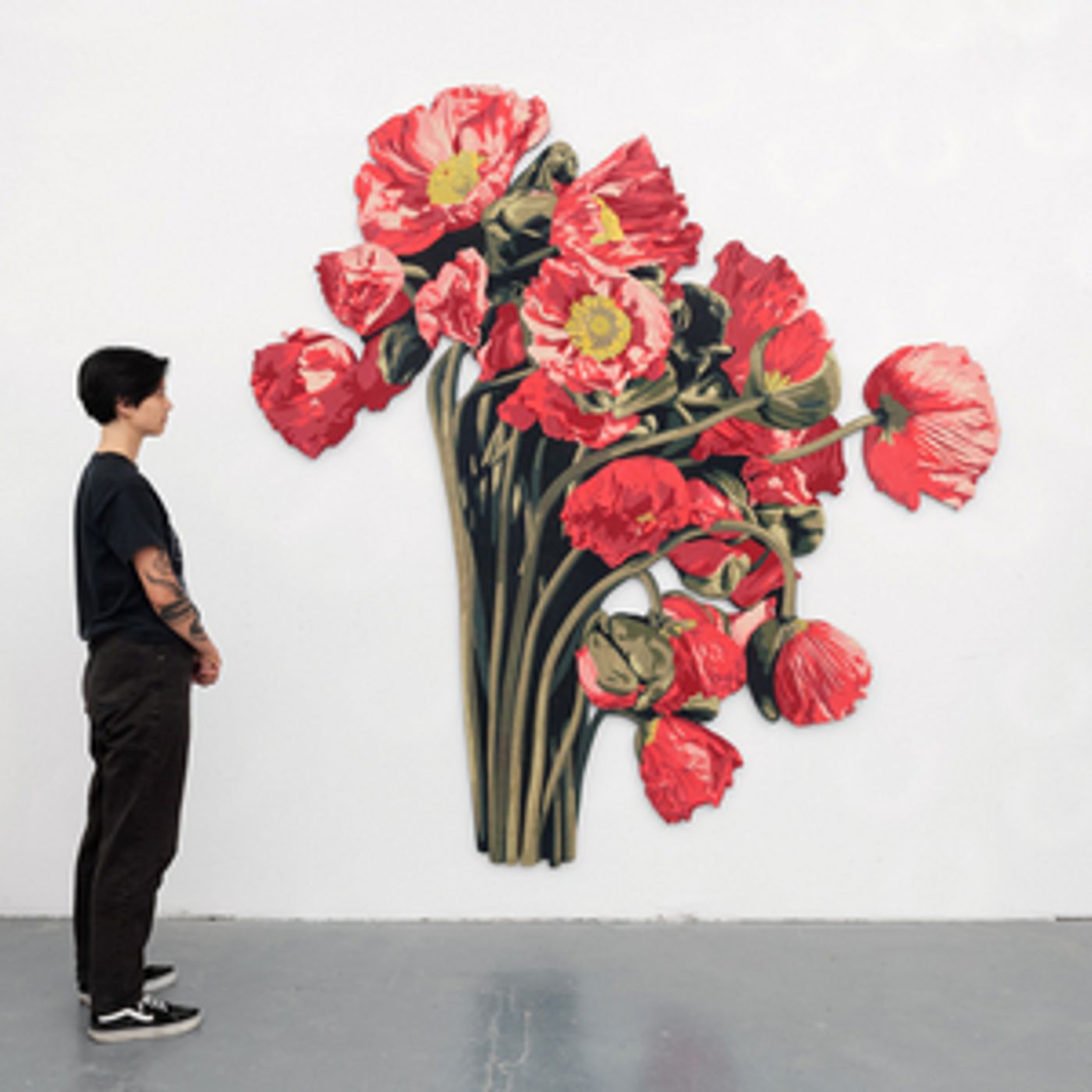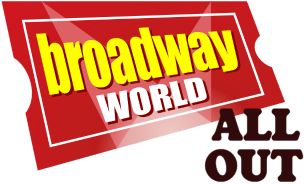Reyes | Finn Presents FARMERS AND REAPERS, Its Third Solo Exhibition Of New Work By Gallery Artist Nick Doyle
Finn is pleased to present Farmers and Reapers, its third solo exhibition of new work by gallery artist Nick Doyle, on view June 4–July 16.

Finn presents Farmers and Reapers, its third solo exhibition of new work by gallery artist Nick Doyle, on view June 4-July 16. With Farmers and Reapers Doyle expands on his examination of the plight of the "one-dimensional" American identity - an identity which hinges on being able to afford capitalist comforts, therefore normalizing the sacrifice of passion and replacing it with labor as currency for consumptive freedom.
In Farmers and Reapers the artist takes inspiration from the theorems proposed by Herbert Marcuse in One Dimensional Man, which examines repressive desublimation - the concept that capitalism flattens out the distinction between "that which is" and "that which is not." By turning art into commodity, and commentary into capital, this self-absorbing mechanism compresses culture, desire, and passion into a generic identity which functions to propel conspicuous consumption. As Marcuse notes, "The music of the soul is also the music of salesmanship." In this scheme, the lineation between sincere expression and fabricated performance eclipse. On an individual scale, contemporary life is intimately impacted by the desires of corporate entities to relentlessly protect their bottom lines. Hope for a reprieve has become weaponized by the transactional nature of our late-capitalist society.
A timely example of this horrific tension is encapsulated in the dynamics of the opioid crisis - the very drugs marketed as trustworthy pain treatments have become a machine that viciously uproots lives across the country. In this landscape, attractive images-fantasies often operate in treacherous ways. "As individuals, we find ourselves being subjected to the impacts of corporate desires to protect their bottom line," says the artist. "Today, as we experience an opioid epidemic, everything has become a drug. Social media, advertisement, market research: all born out of attempts to create false desires in a population with no actual resolution to those desires, only a constant cycle of momentary satisfaction that intends on keeping us locked in a state of perpetual, hankering consumption."
In this presentation, contradictions of trapped wishes are embodied by a suite of shaped panels collaged with denim that are saturated with a plurality of metaphors. Monumental poppy flowers rhythmically punctuate sequences of images that reference a life in flux: a melting popsicle, a spilled cup of coffee, and a twinkling disco ball. These signals of duration - of nostalgia for time past - are counterpoints to others that bear the potential for more ominous routes of escape: a spoon, belt, and lighter, a fork and an electrical socket. With one backward step, the buoyant beauty of the poppies is shadowed by the products they create. In this sequence, the notion of memento mori - a symbolic trope acting as a reminder of the inevitability of death - creeps through this gamut of artworks.
Doyle, denim deepens the narrative further with its contentious history of unpaid labor, latent symbolism of Americana, and artification of the relic that is the rapidly fading middle class. "The material is charged with so much complication," the artist continues. "The textile industry relies on slave labor while the symbolism of the material is regarded as point of pride in Rugged Individualist American culture. This dissonance is very of the moment. It's like everything about capitalism is so completely fucked up that any type of moral standard feels impossible."
Throughout his practice, Doyle also references road trips and white-collar success - pillars of American mythology - to question the persistence of Rugged Individualism as the fabric of our national identity. Through a series of mechanical miniatures, theatrical scenery, and prop-like denim works, the artist foregrounds the dangers of nostalgia and our evolving relationship to consumerism. Seemingly innocuous, Doyle's expanded visual vocabulary - vending machine, typewriter, cigarette pack - continue to weave a complex story.
"By employing the iconography of classic Americana in one of the country's most contentious and beloved materials, denim, Doyle undoes American myth-making one seam at a time, depicting trifles like cigarettes, pills, razors, gasoline tanks in a way that brings their double-meaning to the surface," says Reyes | Finn Partner, Bridget Finn. "With these potent icons, he opens conversations on addiction, destruction, and capitalistic greed, and the ways in which they are opposed to the fallacy of the American Dream, thus using the fiber of American culture to craft its critique."

Videos
